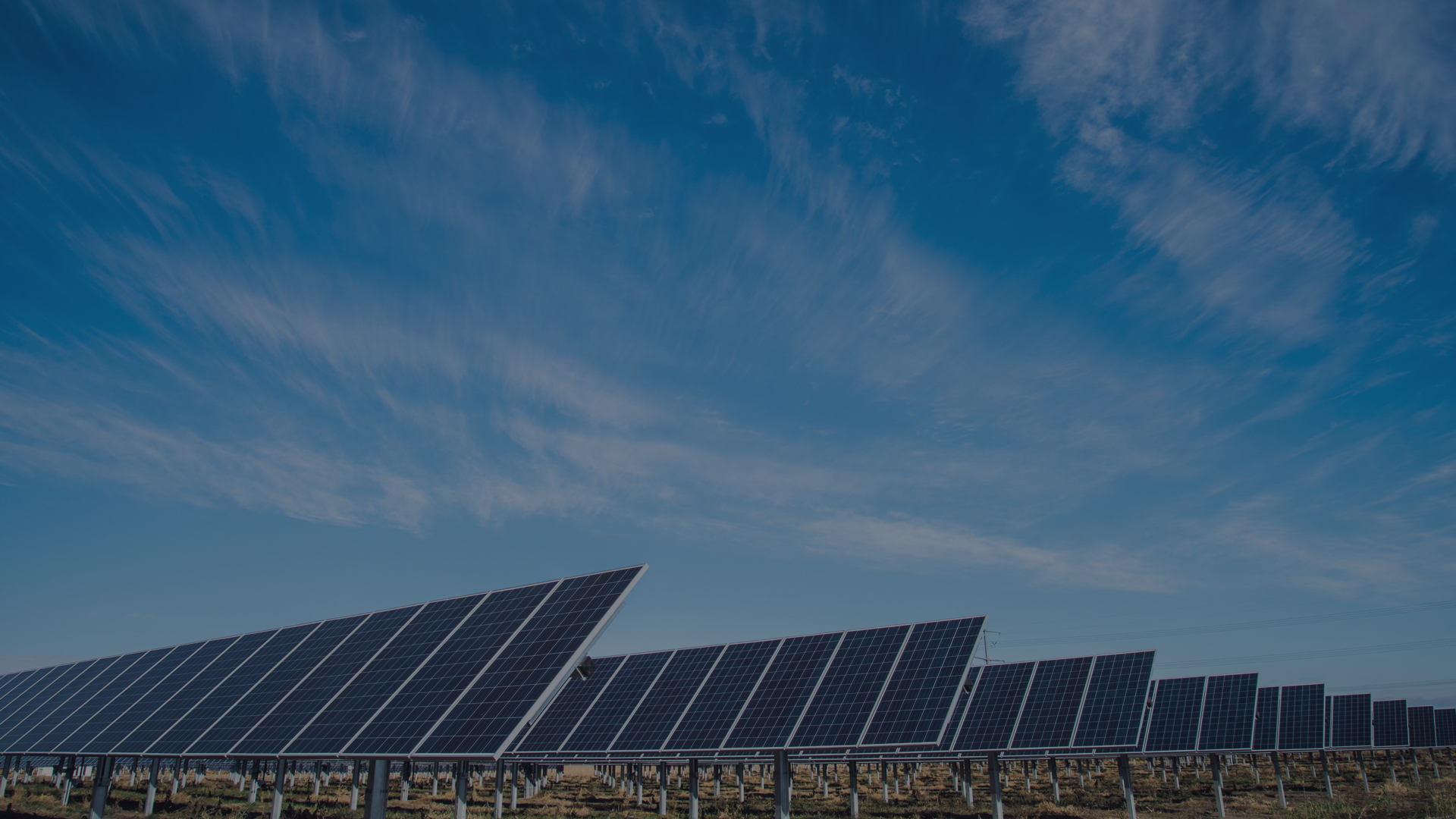The Scottish Federation of Housing Associations (SFHA) has responded to the government’s Renewable Heat Incentive (RHI) consultation, calling for Scottish social landlords to be included in the scheme.
The RHI is a scheme that is designed to increase the uptake of renewable heat technologies by compensating for the additional cost of installing renewables, rather than traditional gas or electric systems. These systems include solar panels that heat water, heat pumps and biomass boilers.
The scheme will also help reduce carbon emissions in the UK and cut fuel bills, especially for homes which are off the mains gas network. The Federation believes that it would be a mistake for social landlords to be excluded from RHI payments due to the government’s view that the organisations can make significant savings in capital costs.
SFHA policy manager David Stewart, said: “Housing associations and co-operatives in Scotland have been leading the way in installing renewable heating.
“Social landlords can continue to lead on the roll out of these technologies and help the UK Government to achieve its aim of mainstreaming the technology and reducing the costs of installing the kit. To do this, however, our members need to be given access to the RHI.”
Mr Stewart added that the majority of social landlords in Scotland have fewer than 1,000 properties and would be unlikely to make significant savings in capital costs. Landlords with homes in rural areas of Scotland (and residents that would greatly benefit from some form of renewable heating due to not being connected to the gas network) should be supported by the RHI, he commented.
With more and more homes crossing the line into fuel poverty, the installation of renewable heating systems could ensure homes across Scotland are not without heat this winter.
“With housing associations and co-operatives facing significantly reduced grants for new build development and the prospect of possible loss of income caused by welfare reform, social landlords need access to the tariffs in order to be able to install renewables and cut the fuel bills of some of the poorest people in society,” the expert added.
